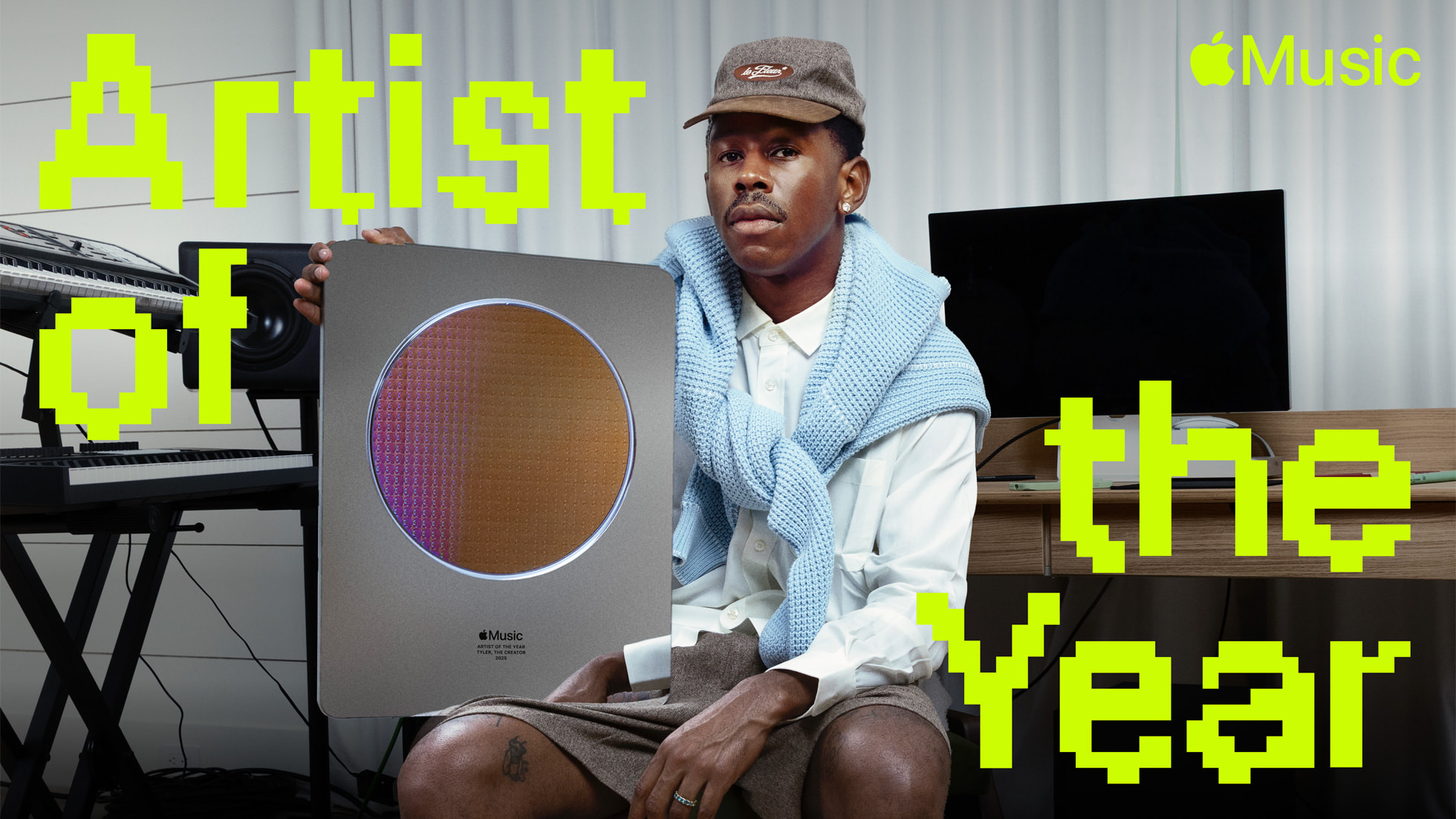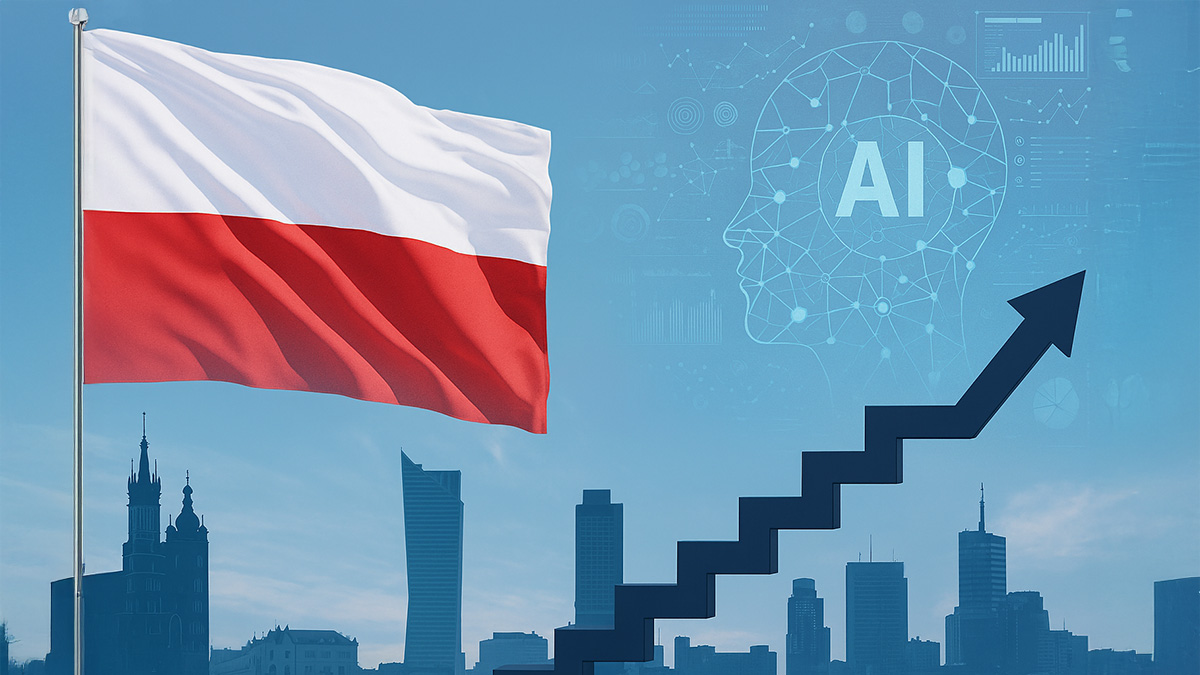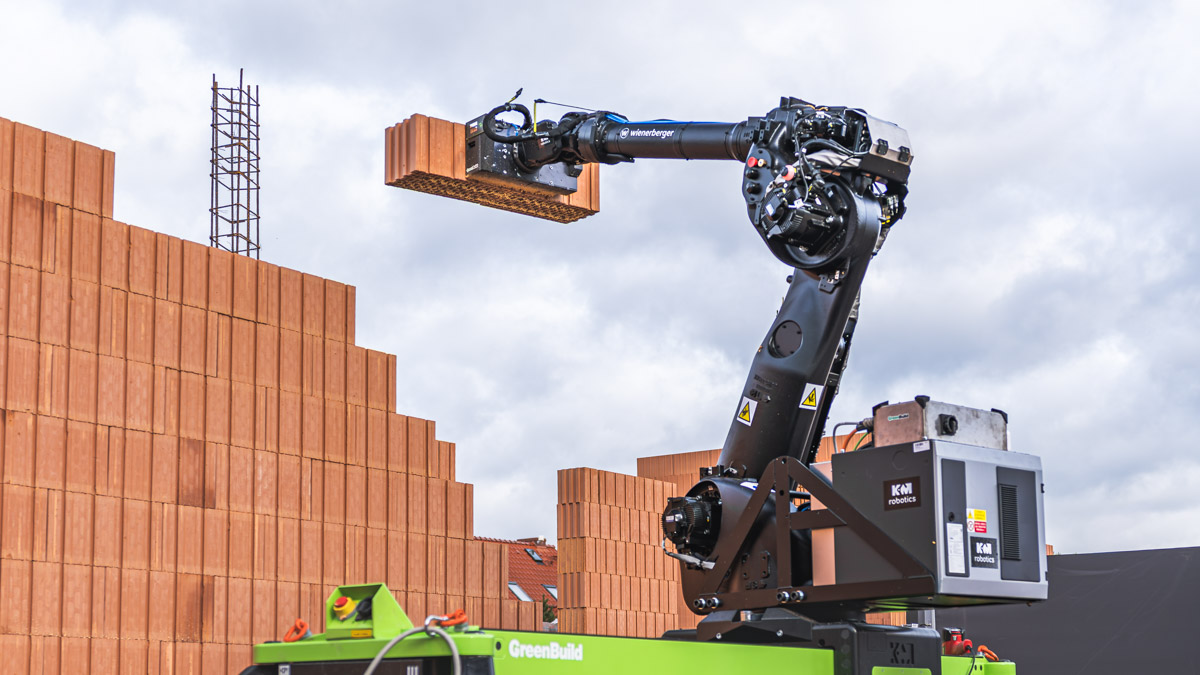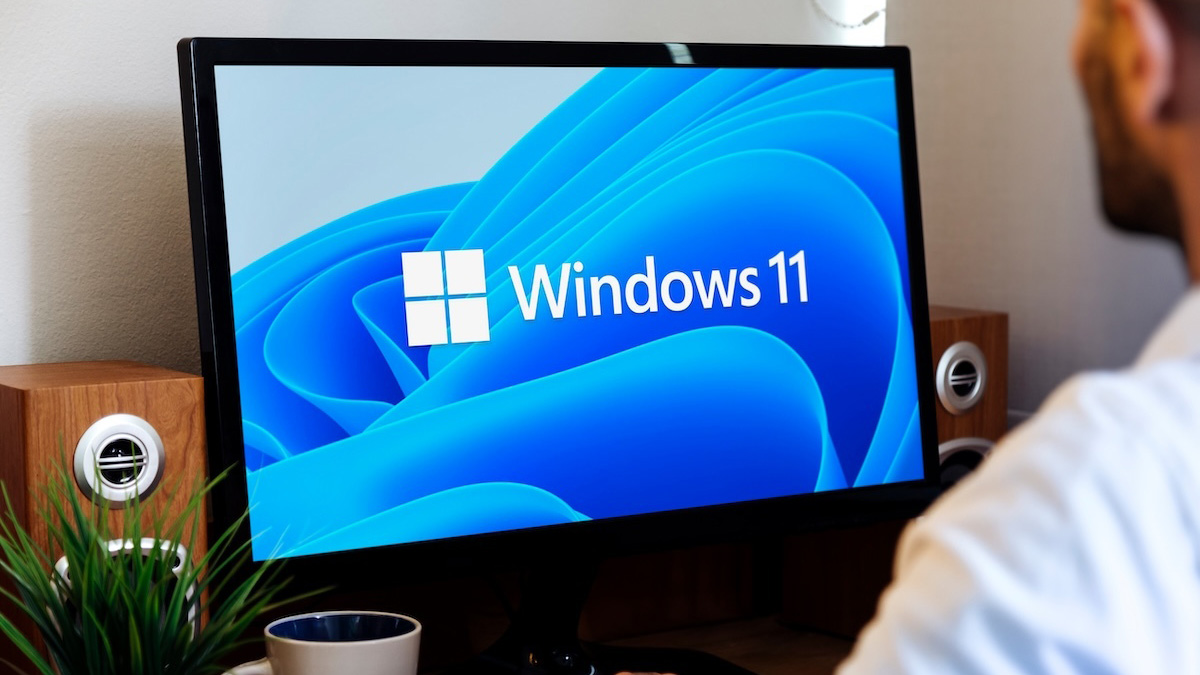One of my personal goals is to make sure that everyone on the team is happy with what they do and how they work. If an employee is engaged, we then create better quality products, and customers feel it too. So the manager of an engineering team is tasked with taking care of many aspects of the process so that we achieve this our so-called “goal of being happy” at work – says Irina Petrushenko, Engineering Manager at N-able.
POLISH VERSION
Tell us, please, about your company. What does N-able do?

N-able is a software product company that provides remote monitoring and management (RMM) solutions for managed service providers (MSPs) and IT departments. We offer a suite of software tools that allow MSPs to monitor and manage their clients’ IT infrastructure, including servers, workstations, and network devices, from a single platform. Our RMM solutions provide real-time monitoring and alerting for issues such as hardware failures, security threats, and software updates. The platform also offers automation capabilities that allow MSPs to automate routine tasks and improve their efficiency.
Here in Poland, we are mostly working with the Cove Data Protection product, which is basically a Backup and Recovery solution. It provides a comprehensive platform for MSPs to manage the backup and recovery process, allowing them to automate monitoring of the status of backups and continuous restores in real-time. The solution is designed to be easy-to-use, making it accessible to our customers of all sizes, and it provides a range of backup and recovery options to suit different clients’ needs. Overall, Backup Management helps customers ensure that their clients’ data is protected and recoverable in case of a data loss or disaster.
Nowadays, we are working on completely new directions for Backup and Restore, like M365 Teams backups as it became quite popular among businesses, Disaster Recovery as a service that allows customers to failover in case of cyber attacks or natural disaster. By the way, we also developed the possibility to recover to public clouds, in particular Microsoft Azure. And of course, there is plenty of work on the core functionality, like new user actions monitoring systems or easy to use notifications setup.
What did your career path look like? What led you to where you are now?
I started my career as a Software Engineer more than 8 years ago. The first job I had was on a project with C++ as a main language, but it also required other skills and knowledge with networking, unix systems, different databases and even node.js. It was the time I fell in love with engineering as a general practice.
In the last 4 years I continued my engineering path in N-able (at the time I joined it was Solarwinds part, but now we extracted it to a separate business). It was my first time working in a product company, where everyone in the office has one goal and culture, which was an absolutely new feeling.
The team was really supportive when I joined and was not afraid of giving more and more tasks that include researches and require deeper knowledge. In general, I believe having an understanding of the whole flow of your tasks is not only essential to grow, but also fascinating and gives you a broader vision on what, why and how you are doing. Thus, I liked learning side skills, like DevOps, processes setup, UX, etc.
Having an interest in many fields, made it more obvious for me and the team to step into Team Lead activities, and here we go, we decided to change my role to cover Team Leading activities. In general, I could grow in different directions – technical maturity, technical leadership, Architecture, DevOps, management, but the last one was closer to me as I was interested in improvements in all functions and organisations setup.
In a year we have changed our organisation structure, removed the Team Lead role and replaced it with the Engineering Manager role, which has even more responsibilities in place. And this is where I am now, working with a team of Engineers and improving our lives together.
How did you find a job at N-able? What convinced you about the company?
N-able was leading C++ conferences in Minsk and extending C++ community. I was attending almost all of the events as I believe conferences and other external resources help you make the knowledge broader which is quite important not only when you start your career, but on the whole way.
When the time came and I was ready for a new journey, I found N-able’s position as an opportunity to join the team of experts. I had several more offers from other companies as well, so of course I was afraid to make the wrong choice, as choosing the next company is not only about the business, but also about your surroundings, values, experience, everyday mood and so on – it will influence your life drastically.
Since day one till now I am happy that I have chosen N-able. We are working in a friendly and at the same time professional atmosphere with open discussions and challenging tasks. Everyone is engaged and thinks not only on the execution of the task, but also on the ways to improve themselves and the business. For me this is an ideal environment to grow, improve and live my best life
What do your daily duties at N-able look like?
Definition of duties should come from the goals of the position.
One of my personal goals/aims is to have all employees happy with what they do and how they spend their working hours. As we spend half of our active day on it. I think being bored or not satisfied with something half of your life does not sound like a good plan. So, let’s have some fun! Diving deeper into the ‘fun’ definition, you understand that it includes a lot of pieces: people around, company culture, product you create, processes maturity, and so on. If an employee is engaged, we will do better products and the end customer will feel it as well. You see? It is becoming more complex. So, Engineering Manager have to manage different sides of the working process to achieve our common “happiness goal”.
First of all, I am working with a team of great people. We are constantly in touch, closely collaborating and improving ourselves.
Working together with Engineers, in order to guide and help them in the best possible way, you need to be in the technical context all the time. So, I am doing continuous learning in Architecture, QA, DevOps, Back-end, Front-end to stay on the top of information as much as I can.
Of course, you cannot grow if you do not automate some of the activities to free up more space for new responsibilities. And here comes Processes setup.
In general, one of my daily duties is to find space for improvements and make a change for the better. It can be difficult to achieve it on the best level when you are having just your practical experience. Therefore, I am still a fan of reading books and attending conferences on management topics as well. Talking, listening, and reading other opinions will develop your knowledge significantly. I feel that it is my duty – continuous improvement everywhere: for our team, business and myself.
What do you like most about your job?
Having an ability to solve complex problems and drive changes within the team and organisation. It sounds easy as we all know what the ideal workflow, practices and approaches are. In reality, you always have some constraints, or vice versa too many options and ideas.
Let’s take an example, imagine you have a task to make the release process flow faster. To solve such problems, you have to think on a different level and make a structure of your whole research. Starting from org structure, ownership and architecture (Convey law is everywhere) till technical debt with test automation, CI/CD and software architecture. It is all related to your release process. Making a change on this list of areas can take a huge amount of resources and can be a never-ending story, so you have to be really creative to achieve your goals. What’s more, it is impossible to do it alone, you have to find interested people and even to create several communities across organisations to work as one big team. This is fascinating! This is not a daily routine, it is about being all together driving something really cool
Can you point out any disadvantages or biggest challenges of your job?
Usually, the biggest challenge is to do something completely new that you have not done before. Today this interview is a challenge for me But seriously speaking, we are growing and changing fast, there are plenty of things to do to find top talents, build high-performing and friendly teams and continuously evolve all together.
What values does N-able particularly support? What is your work culture like, what is most important to you?
N-rich lives, N-spire others, N-joy the journey – simple to remember official N-able values. And I like it, as it intersects with my personal views. We enrich lives when we create great products, we inspire others around us to spread our passion, and the best part is that we enjoy what we do.
Speaking of more popular values across the globe – diversity, equality and belonging. We are all different, with different backgrounds, experiences and opinions, but that is what makes us even stronger as “yin and yang” adding more balance and creativity in the team. It does not matter if you are a newcomer or old guard, you will be respected and your voice will be heard. It is important for me to know that I am treated fairly and equally without any biases, happily here in N-able we can take it for granted.
What exciting engineering challenges do you face? What are you currently working on?
We are in the process of big engineering changes and this is exciting as everyone in the team has a lot of opportunities to grow taking on some new challenges or responsibilities.
To give you an example, we are creating new architecture with micro-frontends and there are plenty of things here to think about, like new architecture split-up, new testing approaches, ownership, release processes and so on. Anyone from the team can get involved and make a real change.
Changes in the architecture also affect QA activities. So, we will need to reinvent the automation tests pyramid, update test processes, and even change the test management system.
All of the services are developed with scalability and resilience in mind. We employ the most modern approaches and technologies to provide all of this, like AWS solutions, Kubernetes, Cloud Native approaches, DDD architecture and many more. In the Platform team we have performance critical parts, like those with 5000 requests per second and we have to provide maximum level of stability and reliability here. Over the last two years, the Microsoft365 backups system has seen a growth from approximately 470K to 1550K users. This necessitates that we constantly rethink and update our architecture, which is a creative and exciting task for our engineering team. We also have a lot of work for those who like working closer to operation systems, different plugins we backup, like VMs, databases, integrations with cloud providers and so on.
I can honestly say, we always have and will have a lot of new challenges with new pieces of architecture to be added to the system and it is a chance for all of us to dive into something new and get more experience.
Who are you currently looking for? What do you pay attention to when looking for new candidates?
First of all, we are looking for team players with a passion for the job who are seeking new challenges and are ready to enrich lives with us.
Cultural fit is difficult to check during a few hours of the interview process, but we are trying to make sure, both ours and candidates’, expectations and goals are matching. That is why we encourage all of the candidates to ask as many questions as they need. We even can ask a candidate for a one more call, just to get acquainted and have more time to discuss everything they want. In short, we treat an interview process as a two-way street, it is not only for us to check candidates skills and experience, but it is also for them to get to know us, what we do and how we do it.
In the technical part of the interview, we are mostly trying to understand candidate’s knowledge boundaries. We do not have some specific set of questions, but are rather interviewing based on the candidate’s experience level and our expectations. Even if the candidate does not answer some of the questions, it is okay, we proceed with our conversation. It is not our goal to make it feel like an exam or a very formal interview. We want to get to know people, their approach, their problem solving skills and what’s more – we want to understand their thinking process.
Of course, we do have some particular requirements in terms of technical skills for each position, which simply comes from our general tech stack and work environment. I would encourage all the potential candidates to speak with the recruiter on the details.
And also, if you are going to join our interview, remember to just be yourself and bring a good mood
Irina Petrushenko. Engineering Manager with a great passion for empowering people in the team, product success and Engineering practices improvements. One of her goals is to build clear and strong connection between business and engineers, so that everyone is engaged and has an opportunity to bring up ideas and work effectively in both directions.
Wszystko, o czym za mało mówi się w branży IT.
Prosto na Twoją skrzynkę.









